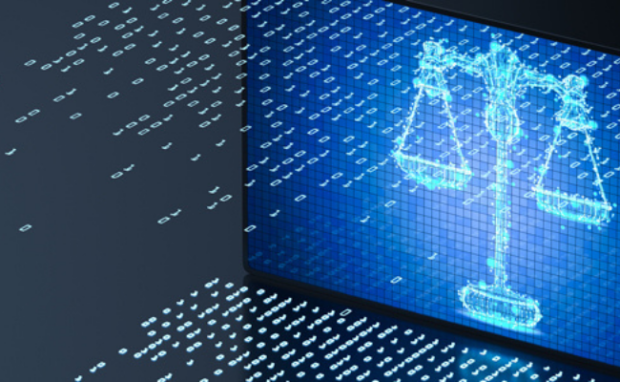Government services are starting to improve with ChatGPT
Governments have been improving their services with ChatGPT. For example, the United Arab Emirates claims to be the first to use this AI bot for “utility” purposes. Meanwhile, Japan uses a “siloed” version of this OpenAI program to process sensitive data and facilitate administrative tasks. Also, Singapore is developing an AI assistant for government employees.
Artificial intelligence has caught the attention of several governments, so seeing authorities explore its applications is no surprise. Soon, the Age of AI could usher in years of unprecedented progress and productivity, enabling us to achieve what was impossible. More importantly, your local government may have similar projects in the future!
This article will discuss how countries are adopting ChatGPT government use cases. Later, I will cover the AI concerns raised during the US Senate’s recent artificial intelligence hearing and suggested by other countries.
How are governments using ChatGPT?
The Japanese government is considering using ChatGPT in administrative work in an effort to reduce the burden on public servants. https://t.co/KuW9Czw09Y
— The Japan Times (@japantimes) April 15, 2023
Let’s start with the first country to adopt AI for government: the United Arab Emirates. Its Telecommunications and Digital Government Regulatory Authority (TDRA) uses it to recommend business names.
Small and medium enterprises (SMEs) can open the UAE website’s “Name Ideas” section for appropriate website domain names for startups. They can submit a “description of the commercial activity for which they want to find a local domain name.”
Then, the AI bot analyzes the information and recommends a list of domain names according to availability and suitability. Moreover, they have English and Arabic translations.
In February 2023, the Dubai Electricity and Water Authority (DEWA) said it would use ChatGPT to enhance its services. Specifically, it will provide “integrated and advanced services that enhance productivity and meet current and future needs.”
Besides Dubai, Singapore has also been developing ChatGPT government services. Specifically, it is building a proprietary AI chatbot that uses OpenAI’s large language model, GPT-3.
The Pair bot is a joint project between Singapore’s Smart Nation and Digital Government Office and Open Government Products. Senior Minister of State Janil Puthucheary said it would summarize long reference material, explore related ideas, and improve writing clarity.
You may also like: The top 10 applications of ChatGPT
In April, Japan tested ChatGPT in its Yokosuka city government and discovered it improves operations and shortens business hours. Consequently, it will launch a “siloed” ChatGPT for government ministries and corporations.
The AI adoption is part of Prime Minister Fumio Kishida’s goal of using artificial intelligence to drive economic growth. The bot will reduce officials’ workloads by preparing questions for Diet sessions and recording minutes of meetings.
More importantly, the “siloed” version enables the Japanese government to use it safely. It has a dedicated data center to handle and secure sensitive data.
What are the risks of a “ChatGPT government?”

Photo Credit: ivanti.com
OpenAI CEO Sam Altman testified for the first-ever US Senate hearing regarding artificial intelligence in May. The meeting brought forth salient artificial intelligence risks.
For example, policymakers and tech leaders acknowledged that AI could eliminate millions of jobs. Unfortunately, nobody confirmed who should take responsibility for protecting human employment.
“I think it will require a partnership between the industry and government, but mostly action by the government to figure out how we want to mitigate that,” said Altman.
They also agreed artificial intelligence needs regulations. They cited the 1996 Communications Decency Act as an example. It states, “No provider or user of an interactive computer service shall be treated as the publisher or speaker of any information provided by another information content provider.”
You may also like: Japan uses AI to care for seniors
The OpenAI CEO says the law doesn’t apply to generative AI, so the government must create a new framework. On the other side of the world, Japan’s digital minister, Taro Kono, warned about AI’s effects on elections.
He said “malicious elements” could use it to harm elections by disseminating misinformation. As a result, people would struggle to choose who will lead their countries.
“All governments need to consider how we can keep the trust of the people towards democracy,” Kono said. “All democratic governments now feel an urgency in dealing with AI, so that’s why, at the G7, it is on everyone’s mind,” he added.
Conclusion
Governments are starting to adopt ChatGPT to improve their services. The United Arab Emirates was the first to help small businesses with this AI bot.
Singapore is developing a chatbot that uses OpenAI’s GPT-3 to assist government officials. Also, Japan implemented a secured version for administrative tasks.
The Philippines might be next as President Bongbong Marcos attracts more investments from tech firms. Learn more about the latest digital trends at Inquirer Tech.